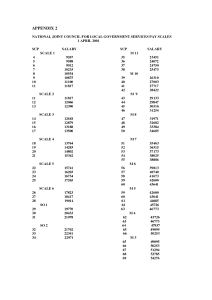The simple principle that keeps large groups connected
“OK, so what have we found?” asked Kathy, CEO of a mid-size manufacturer, about 1600 people.
“We’ve found a possible cause of the issues coming out of your Eastern plant” I replied, putting on the table a diagram known as a Levels of Work Analysis. The diagram is like an X-Ray for organisational design – it shows clearly the cracks and splinters in the org design itself that are causing frustration and lack of delivery.
Kathy leaned forward and pointed at the clearly marked red areas. “What’s going on there?”
“I need to give you a quick bit of lingo” I said. “We use some fundamental principles that, if in place, will see frustration down and delivery up. One of these is about having what we call building blocks in place to make sure that our natural need for connection isn’t accidentally designed out.”
Kathy’s eyebrows went up. I waited to check I was making sense. “Go on” she said.
“The first building block is the basic team structure. But above that we have the wider structure, or the three-tier structure. The fancy term for it Elliott Jaques coined was the ‘Mutual Recognition Unit’, or ‘MRU’.”
“Fancy indeed” Kathy commented. “So how does this help me?” Read more…



